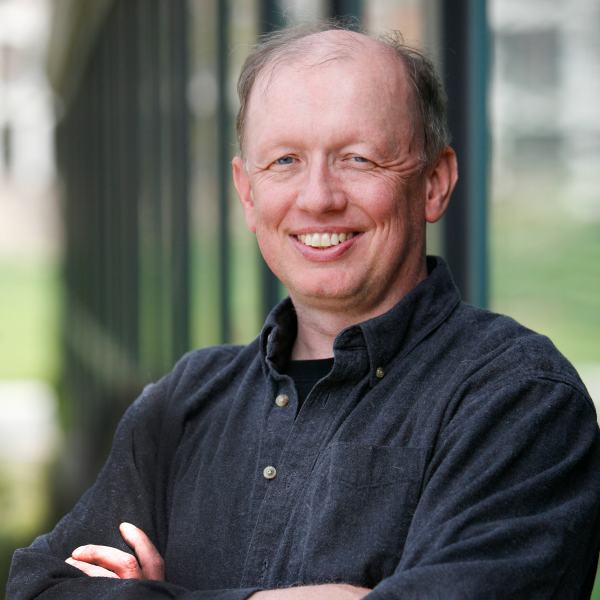
Grossman Ensemble premieres David Rakowski's "Lee"
Program notes:
Lee Hyla was one of my best friends and (still is) one of my favorite composers. I was devastated when he was taken from us four and a half years ago, far too early. He left his personal stamp on concert music, and showed us new ways to think, and new ways to dance. I had been thinking about an in memoriam piece for Lee, but the right circumstances didn’t present themselves — until Gusty asked me to write for the Grossman Ensemble. The ensemble has in it both saxophone and clarinet — the instruments in Lee’s We Speak Etruscan, one of Lee’s iconic pieces, and one of my favorites. Thus I would be able to made a nod to him at least with those instruments, even if my music wasn’t up to his standards. The strategy for the first movement thus became to invent Hyla-like licks — particularly like those of Etruscan, Mythic Birds of Saugerties (a solo bass clarinet piece that my wife plays), Piano Concerto No. 2 and Violin Concerto — and have them emerge gradually and take over. Thus a respectful Rakowski-opening gradually gets undermined by the intrusion of occasionally wild Hyla-like licks that pop up and get layered; those licks eventually take over. The movement climaxes in a tutti, followed by a quiet ending. The music settles into a sustained D major triad, in reference to the many such triads in his violin concerto. The second movement is a fairly quiet slow movement, featuring several wind solo passages, including an especially long one for piccolo. The third movement is another semi-wild one, made up of fast marimba/piano licks, fast triplet figures in the low winds, and hocketed repeated notes. Eventually it quiets down, and the baritone sax and bass clarinet re-emerge, they trade riffs for a short period, and the original materials return. The ending features the strings playing alla chitarra, because my wife challenged me to do so. I don’t take such challenges lightly. When the piece was finished, I tried out at least a hundred titles ranging the gamut from clever to stupid. The only one that worked for me was Lee’s name.
David Rakowski's piece Lee premiered with the Grossman Ensemble on December 7, 2018.
